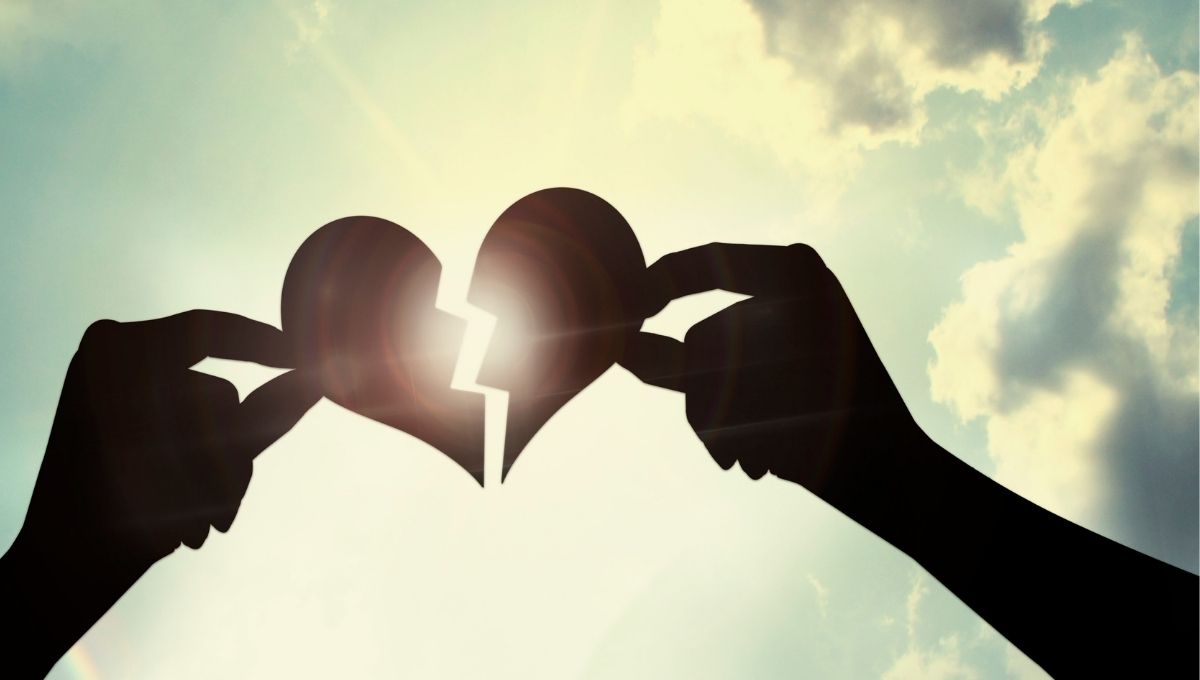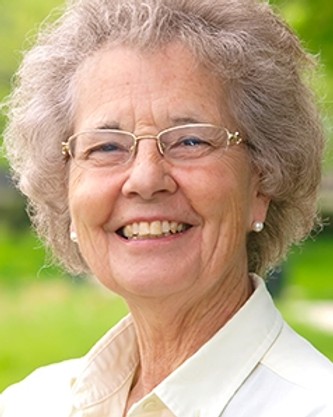
Sister Donna Liette talks about how gatherings of mothers bring about hope and healing to neighborhoods struggling against violence. Hear the full In Good Faith episode IGF044 at aNunsLife.org.
Let us know your thoughts about the podcast by taking this short survey! Your input helps us shape the future of our podcasts! Click HERE to take the survey. Thank you!
 Sister Donna Liette, CPPS, has served at Precious Blood Ministry of Reconciliation for over 11 years. Prior to Chicago, she served for 14 years in Dayton, Ohio, as Executive Director of Mercy Manor, a transitional home for women released from the Ohio prisons. In previous ministerial roles, she as served as a teacher, principal, foster mother, campus minister, and spiritual director. Sister Donna has master’s degrees in Education Administration and in Pastoral Counseling. She is a member of the Sisters of the Precious Blood, Dayton, Ohio.
Sister Donna Liette, CPPS, has served at Precious Blood Ministry of Reconciliation for over 11 years. Prior to Chicago, she served for 14 years in Dayton, Ohio, as Executive Director of Mercy Manor, a transitional home for women released from the Ohio prisons. In previous ministerial roles, she as served as a teacher, principal, foster mother, campus minister, and spiritual director. Sister Donna has master’s degrees in Education Administration and in Pastoral Counseling. She is a member of the Sisters of the Precious Blood, Dayton, Ohio.
Sister Maxine
This podcast is brought to you by one of our sponsors, the Congregation of Sisters of St. Agnes. I'm Sister Maxine, and my guest is Sister Donna Liette, with Precious Blood Ministry of Reconciliation on the South Side of Chicago, in the Back of the Yards Neighborhood. Precious Blood Ministry of Reconciliation serves young people, families and community members affected by violence and incarceration. Sister Donna, you've talked about Jacqueline, and you visited many other young men and women in the juvenile detention center. How was your experience of the young people in the detention centers connected with the Mothers Circle that you later established?
Sister Donna
When I visit these young boys in the prison, they'd say, "Oh, do you know my mother?" And I'd say, "Uh, no." They said, "But would you call her? I'm so worried about her. I wish I'd listened to her. Please call my mother." And so I began to call the mothers, beginning to see the need, that they had to be a part of a group that were also suffering for fear and anger and shame. And so I began to call slowly the mothers to come to Circle and now we have about 80 women who have children either locked up in the prisons, juvenile detention center, or also the other group, who have lost children to the streets and violence.
Sister Maxine
You mentioned that their mothers--are they mothers by virtue of their roles with these young people? Mothers, aunts, grandmothers?
Sister Donna
Correct, yeah, they're the mothers or the grandmothers of these children. You know, at first I invited them to come together and the first time a couple came and we talked a little bit and then the next time a few came, and then finally I said to another woman, Sarah, who was helping me with this--we work together--I said, "Maybe this isn't what they need." You know, sometimes we decide what people need, and it's not really what they need. And so I said, "Well, let's try it one more time." Well, it was kind of God saying, "Yes, this is what needs to be done." And so that time about seven came. And now, once a month, we gather. Before COVID, in Circle, we'd have a wonderful brunch, for the mothers and grandmothers and women. You know, just treat them with the dignity that they deserve, because often these women don't feel that they're really treated and honored. And then after that, we would go into Circle--really some powerful times within our circles of healing.
Sister Maxine
How has COVID affected the gatherings?
Sister Donna
With COVID, the mothers still said, "How are we going to get together now?" And so someone suggested that we do Zoom. And so we've been doing Zoom Circles. Not as many come to the Zoom Circles as they do in person, but they still gather. We gather once a month, and during March, we actually met every week by Zoom, and continued our sharing and healing and hope. We are a restorative justice hub. So our whole philosophy is about building relationships and helping people to be in safe places. And so that's what we provide: a safe place for these women to come and just tell their story. So mostly, they just want to talk about their pain. I'm reading a beautiful book that actually Father Kelly suggested. It's called When Tears Sing--it's by William Blaine Wallace. And it says so much about what we do when we gather in these Circles, because the women really weep, they cry out, they moan. And the author in this book says that, you know, when you stitch bone to moan, you create a tapestry of hope, and a tapestry, I suggest, of healing. And that's what really happened. So we started with just women, mothers who had children incarcerated in our juvenile detention center. About two years after we were doing this, a mother came into our center, and she had just lost her child to gun violence. And she was so distraught. And so we, first of all, just took time with her, and helped with the funeral. And then I invited her after a couple of weeks to come to this circle of women. And I said, "It might be difficult for you, I don't know, because all of these women have children incarcerated, and your child--his life was taken, and possibly the person who took his life will be incarcerated. And you may meet that mother." And she said, "Well, I just need to be with somebody and tell my story. Because, you know, people tell me just to get over it or, they don't want to hear it anymore." And I said, "Well, come." So she came to the Circle. And then she afterwards she told me, "Yeah, that was kind of uncomfortable." But she said, "I think I'll come back one more time." So she did. And during that Circle, she told a little bit more of her story of her son who was killed by gun violence. She had to stand there for three hours waiting for them to do the investigation that they had to do. And his little body was covered with a white cloth. She said that while she stood there, it seemed like all the pain that she herself was carrying just lifted. Like it was just like Cornbread--that was her son's nickname--like Cornbread just took it with him and relieved her and she has been totally transformed since that day. But she was telling the story, of not being able to have her child, her little Cornbread with her. He was only 14, and killed in the backyard playing football. And so she said that he'll never be at the table again. All she can do is just go to the gravesite and think of him and be with him in that way. But it was hard, so hard and of course she wept.
Sister Maxine
That is a powerful story. How do other women in the Circle respond or share their story too?
Sister Donna
The Circle went around, and different women told their own grief, their shame. Some she felt shame because their son had taken a life or harmed someone. And then another mother who's very, very different than the woman who told about her son Cornbread--there's probably as many differences as there could be--and so the other woman told about that her son was locked up at 15 and was to die in prison, much like Jacqueline. She told--not to compare it and not to say, "Well, my story's worse"--she just said, "You know, I've been going for over 20 years, six-hour drive to Menard person to see my son every time that I can. And that's sometimes four to six times a month. And then we have to stay at a hotel overnight. Because then the next morning, we can see him for another two hours. When I leave, I want to take him with me, but I can't. And he'll never be home either, because he's sentenced to die in prison." And at that moment, these two women crossed the circle and just embraced. Because they said, "Yes, we've both lost. And we're united in this pain. It's a different pain, but it's still a pain, and the suffering." And so that's what happens in these circles: the women began to understand each other's pain, they walk in each other's shoes, they realize that it's a common suffering of loss. And so that's usually what the women talk about in the circle: their own loss, their pain, their struggle, but they also talk about what they hope: that someday some of these rules of laws will be changed. And we'll be able to lift up our children in a new way.
This transcript has been lightly edited for readability.




